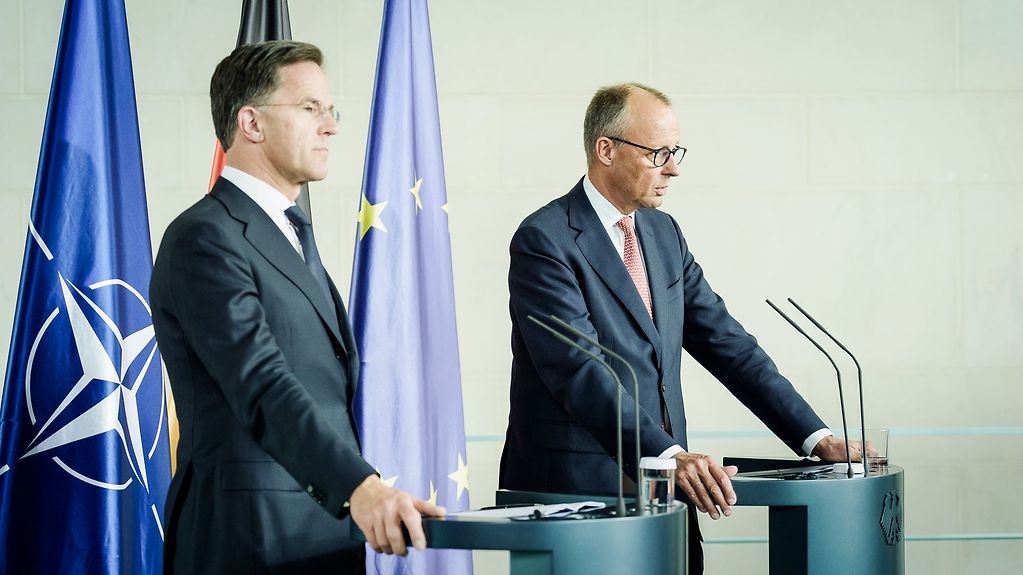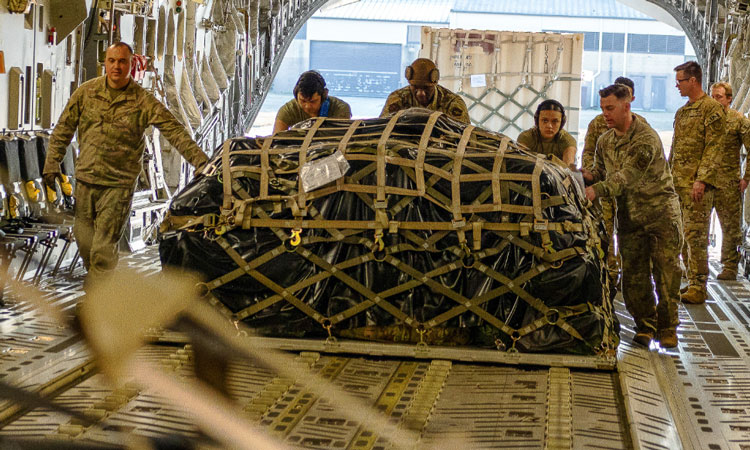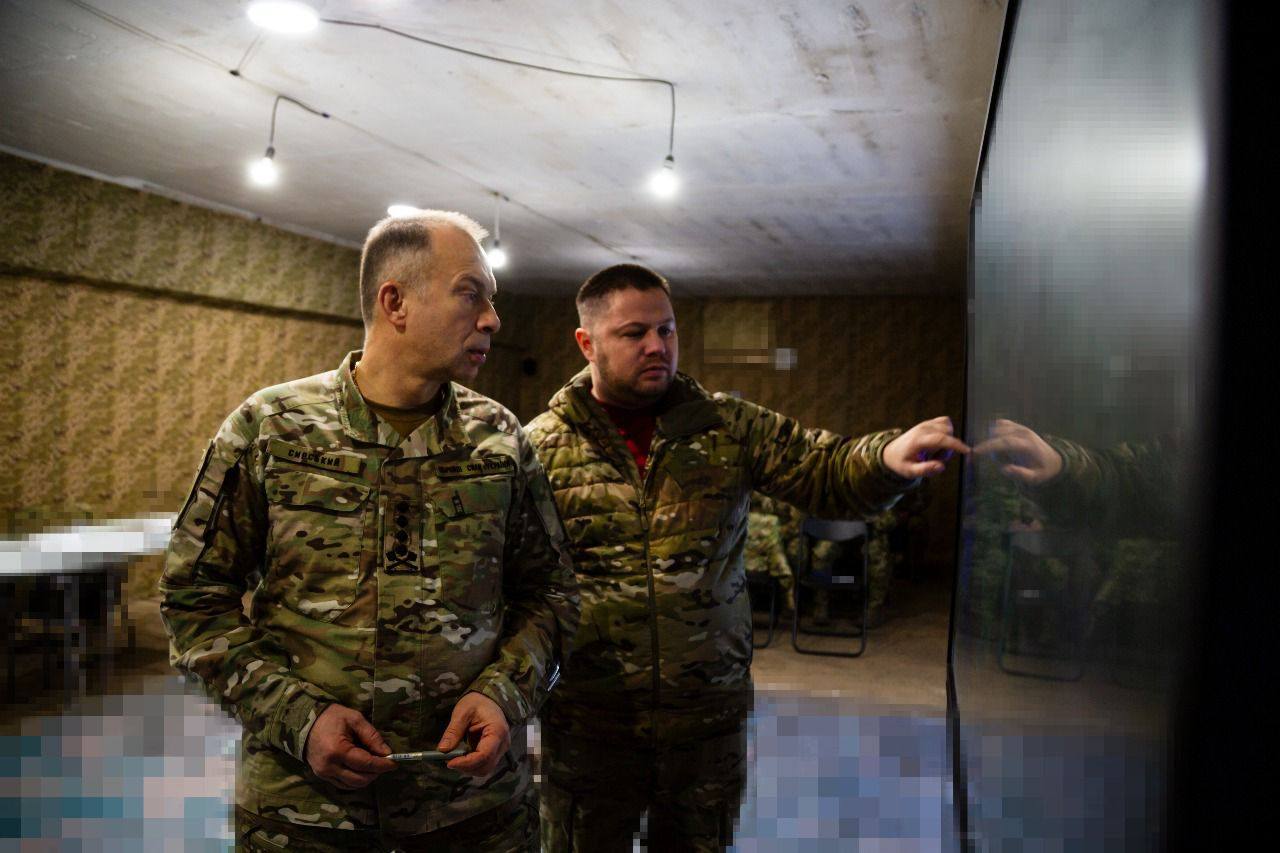Russia is deliberately developing its capabilities for confrontation with NATO, stated the Latvian State Security Bureau (SAB) in its 2024 activity report.
The SAB notes that since Russia’s full-scale invasion of Ukraine, European countries have faced a new but increasingly significant threat – sabotages, diversions, and physical attacks on targets in Europe by the Russian intelligence and security services. In 2024, the number of cases of Russian-organized sabotages significantly increased, affecting more and more European countries. The new trend confirms that Russia is already having a direct confrontation with the West. However, to avoid NATO’s reaction, Moscow tries to deny and hide its responsibility for the attack, thus complicating the identification of the Russian services’ involvement in the sabotage.
Russia’s war in Ukraine and the subsequent geopolitical crisis in its relations with the West have forced the Russian intelligence and security services to change their working methods, implementing influence measures or hybrid activities against the Western countries. The war has increased Russia’s determination and readiness to step up its aggressive activities, including sabotages, in Europe.
One of the main reasons behind Russia’s increasingly aggressive approach is the regime’s changing attitude towards the West, which is now perceived as the main enemy of Russia.
"Our information indicates that before the war Russian officials believed that influence activities alone would suffice to make the European countries adapt Russian-friendly policies and engage in cooperation with Moscow. Whereas now, the regime finds it close to impossible. Even though Russia has not entirely ceased the search for potential political partners in Europe, it is no longer a strategic priority for the Kremlin. Now Russia’s main emphasis has shifted towards weakening Europe through offensive campaigns, undermining the political, social, and economic stability of the West, thus reducing its ability to support Ukraine in the war against Russia," SAB notes.
Because of the war, European countries and their security services have also significantly strengthened countermeasures to Russia’s traditional influence activities. Over the past three years, they have expelled several hundred Russian intelligence officers working under diplomatic cover, closed numerous Russian propaganda and disinformation channels, and restricted the activities of pro-Russian activist networks in Europe. While Russia continues to use and adapt its influence instruments to the new reality, the European reaction has reduced their effectiveness.
The Russian intelligence and security services, especially the military intelligence service, the GRU1 , organize sabotages from the Russian territory, usually recruiting individuals from the European countries, including Latvia, to carry out sabotages and other tasks. They mostly recruit people by means of social media, such as Telegram. The GRU approach people who are willing to perform various tasks for a certain fee. The potential assignments include monitoring European military or critical infrastructure or committing vandalism (such as drawing the letter “Z” on walls or bus stops, pouring paint over historical monuments, organizing arson attacks, etc.).
The recruited agents often do not realize that the tasks and payments are coming from the GRU. Russia’s involvement in the attacks is hidden through a chain of recruitment intermediaries, located both in Russia and abroad. The Russian services also like to use difficult-to-track payment channels, e.g., cryptocurrencies.
The agents often come from disadvantaged backgrounds, e.g., people with addictions, who are willing to commit crimes for money. Having proRussian sentiments and sympathizing with Moscow’s policies increases the likelihood of being recruited.
The Russian services are stepping up the recruitment for more complex tasks, e.g., looking for people associated with organized crime. The potential involvement of such “professionals” increases the threat posed by sabotage. The Russian services are looking for potential agents both in NATO countries and Russia. There are recorded cases of foreigners traveling to or staying in Russia, who have been recruited for sabotage. SAB is reminding that there are increased security risks for Latvian and Western nationals traveling to Russia and Belarus, including heightened interest from the Russian intelligence and security services and possible recruitment attempts. SAB recommends avoiding visits to Russia, Belarus, and other high-risk countries.
"In our assessment, the Russian intelligence and security services are developing their capabilities to organize sabotage in Europe. Russia is expanding its capacity to carry out attacks with greater intensity, scale, and increasingly important targets, e.g., critical infrastructure. The relative simplicity and low public profile of sabotages indicate that Russia’s capabilities are currently in the initial stage of development. It is very likely that the Russian services are testing the European reaction and ability to prevent such incidents," SAB notes.
The current concentration of Russian military resources in Ukraine makes the likelihood of a direct military confrontation between Russia and NATO in 2025 rather low. However, if the war were to become “frozen” and Russia no longer had to suffer significant losses during the active hostilities in Ukraine, Moscow would be able to increase its military presence next to the NATO’s northeastern flank, including the Baltics, within the next 5 years. This scenario would significantly increase the Russian military threat to NATO.





















